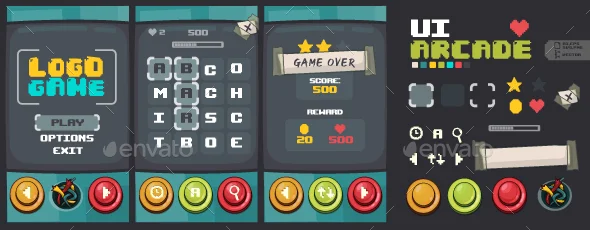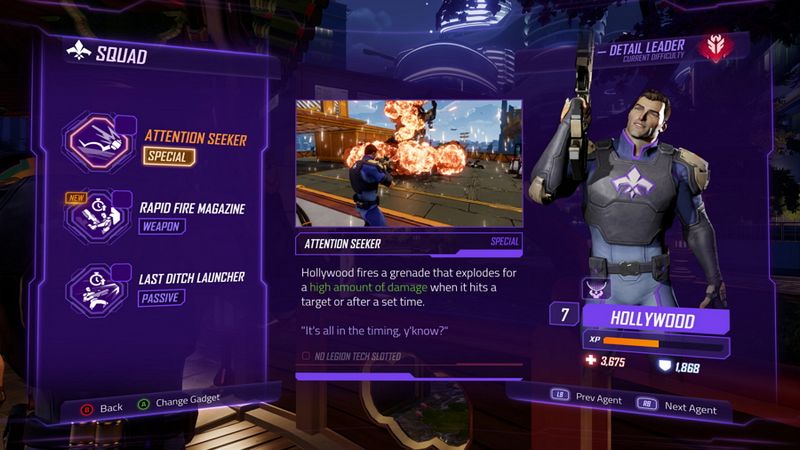
In the vast world of gaming, there are countless titles that offer players the chance to immerse themselves in fantastical realms, engaging in epic battles, solving intricate puzzles, and embarking on thrilling adventures. From open-world exploration games to fast-paced shooters, the variety of experiences available to gamers is truly astounding. One interesting aspect of gameplay that some developers have experimented with is the concept of real-time progression. This means that the passage of time in the game world mirrors that of the real world, with events unfolding at the same pace. While this approach may not be suitable for every game, there are several compelling reasons why game time should sometimes match real time.
One of the most obvious benefits of real-time gameplay is immersion. By aligning the passage of time in the game world with real-world time, players are more deeply connected to the experience. This can create a sense of realism that is often lacking in traditional games where time may be sped up or slowed down for gameplay purposes. For example, in a game where the protagonist must wait for a certain event to occur, such as the arrival of a character or the completion of a building project, having game time match real time can make the wait feel more authentic and meaningful.
Real-time gameplay can also add an element of challenge and strategy to a game. When players are forced to consider the passage of time in their decision-making process, they must plan ahead and prioritize their actions accordingly. For example, in a game where resources are limited and time is a factor, players may need to carefully manage their time to ensure they are able to complete all of their objectives before a deadline. This adds a layer of complexity to gameplay that can make the experience more engaging and rewarding for players.
Additionally, real-time progression can enhance the sense of accomplishment and satisfaction that players feel when they achieve their goals. In games where time is a factor, completing a task or reaching a milestone can feel more meaningful when players know that they have invested real time and effort into their success. This can create a greater sense of pride and accomplishment, as players are able to see the tangible results of their hard work over time.

Furthermore, real-time gameplay can encourage players to adopt a more mindful and deliberate approach to gaming. When time is a factor, players are more likely to focus on the present moment and make intentional decisions about how they spend their time in the game world. This can promote a deeper sense of engagement and enjoyment, as players are fully immersed in the experience and actively participating in the unfolding events.
While real-time gameplay can offer several benefits, it is important to note that this approach may not be suitable for every game. Some players may prefer the ability to manipulate time in the game world to suit their needs, whether that means speeding up time to bypass tedious tasks or slowing down time to strategize and plan their next move. Additionally, real-time gameplay may not be practical in certain genres of games where fast-paced action and quick decision-making are required.
That being said, there are many games that have successfully implemented real-time progression to great effect. One notable example is the popular life simulation game, “The Sims.” In this game, players control the lives of virtual characters and are able to watch as their daily routines unfold in real time. Players must manage their characters’ needs, relationships, and aspirations, all while navigating the passage of time in the game world. This adds a layer of realism and immersion to the gameplay experience server hosting minecraft modded, allowing players to become deeply invested in the lives of their virtual creations.
Another example of real-time gameplay done well is the indie survival game, “Don’t Starve.” In this game, players must survive in a harsh and unforgiving wilderness, gathering resources, building shelter, and fending off hostile creatures. Time passes in the game world at the same rate as real time, meaning that players must prioritize their actions and make strategic decisions to ensure their survival. This adds a sense of urgency and tension to the gameplay experience, as players must constantly be aware of the passage of time and plan their actions accordingly.
In conclusion, game time should sometimes match real time because it can enhance immersion, add challenge and strategy, increase feelings of accomplishment and satisfaction, promote mindfulness and engagement, and create a more meaningful and rewarding gaming experience. While real-time progression may not be suitable for every game, there are many titles that have successfully implemented this approach to great effect. By aligning the passage of time in the game world with real-world time, developers can create a more engaging and immersive gaming experience that resonates with players on a deeper level. So the next time you’re looking for a new gaming experience, consider giving real-time gameplay a try – you may just discover a whole new level of immersion and enjoyment in the process.

